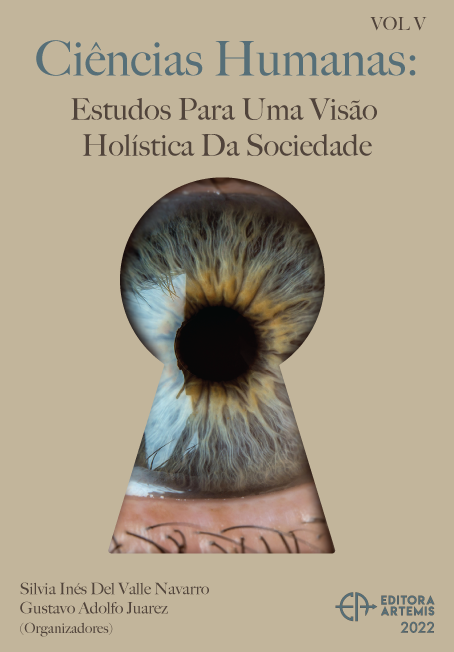
SCIENCE AND SCIENTISTS: MAIN SOURCES OF INFLUENCE IN THE CONSTRUCTION OF THESE CONCEPTS AMONG UNIVERSITY STUDENTS
La ciencia, la investigación científica, la imagen de los científicos, entre otros, circulan en diferentes medios que ayudan en la consolidación de representaciones sociales sobre esos tópicos en la vida de muchos ciudadanos. El ambiente escolar, donde los estudiantes pasan gran parte de su tiempo, es de gran influencia. Partimos de la teoría de las representaciones sociales propuesta por Serge Moscovici (1979) y de algunas seguidoras como Denise Jodelet y Banchs, que se enfocan en el estudio del sentido común como un sistema de valores, ideas y prácticas con una función doble: orientación en el mundo social y comunicación entre los miembros. La conjetura principal parte de que existen influencias de todos los medios, pero predominan las académicas en la formación de representaciones sociales de la ciencia y del científico en los estudiantes. Participaron 297 estudiantes de diferentes carreras profesionales de la Universidad de Guadalajara. Por medio de un cuestionario de preguntas abiertas y un ejercicio de preguntas asociativas, analizados a través de un análisis de contenido mixto, nos percatamos que existen representaciones sociales hegemónicas acerca de los significados de la ciencia, independientemente de la carrera estudiada, así como imágenes poco certeras del científico, que invitan a los académicos a descontruirlas y fomentar el gusto por la ciencia y la investigación en el estudiantado.
SCIENCE AND SCIENTISTS: MAIN SOURCES OF INFLUENCE IN THE CONSTRUCTION OF THESE CONCEPTS AMONG UNIVERSITY STUDENTS
-
DOI: 10.37572/EdArt_15122270518
-
Palavras-chave: estudiantes universitarios, ciencia/científico, representaciones sociales, medios formales.
-
Keywords: university students, science/scientist, social representations, formal media.
-
Abstract:
Science, scientific research and the image of scientists, among other concepts, permeate different environments, which helps to consolidate social representations on these topics in the lives of many citizens. The school environment, where students spend much of their time, is of great influence. We depart from the theory of social representations, proposed by Serge Moscovici (1979) and some of his followers, such as Denise Jodelet and Banchs, who focus on the study of common sense as a system of values, ideas and practices with a double function: to guide the social world and to aid communication between its members. The main assumption is that there are influences from all environmetns, but the academic ones predominate in the formation of social representations of science and of the scientist in students. Two hundred and ninety-seven (297) students from the University of Guadalajara, of different professional fields, participated. Through a questionnaire of open questions and an exercise of associative questions, analyzed through a mixed content analysis, we conclude that there are hegemonic social representations about the meanings of science, regardless of the career studied, as well as faintly accurate images about scientists, which invite academics to deconstruct them and foster a taste for science and research in the student body.
-
Número de páginas: 15
- Silvia Domínguez Gutiérrez

